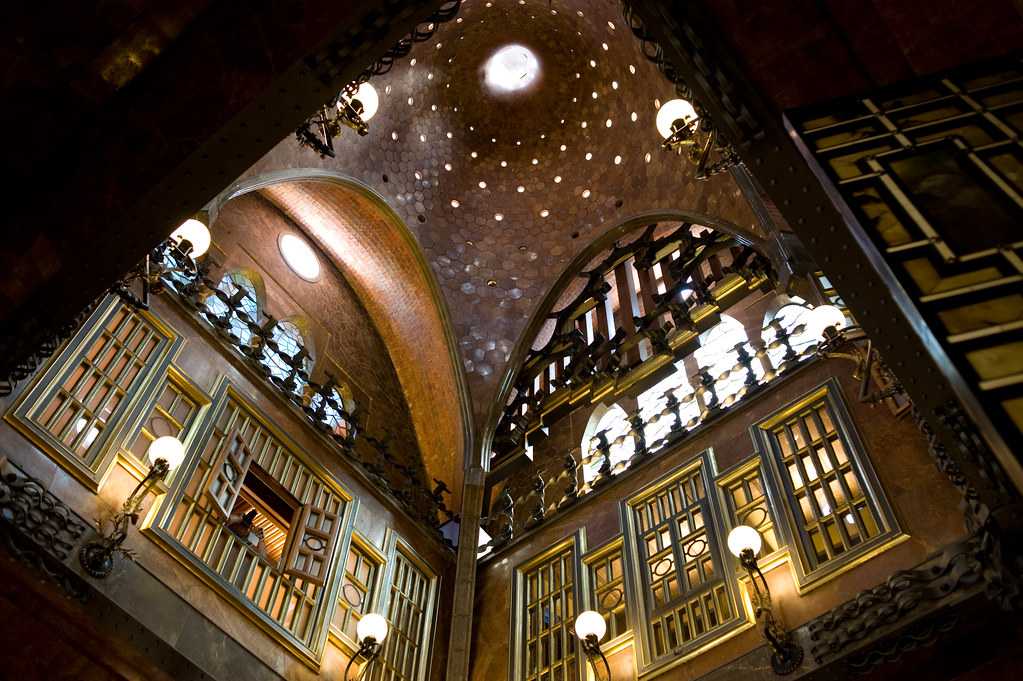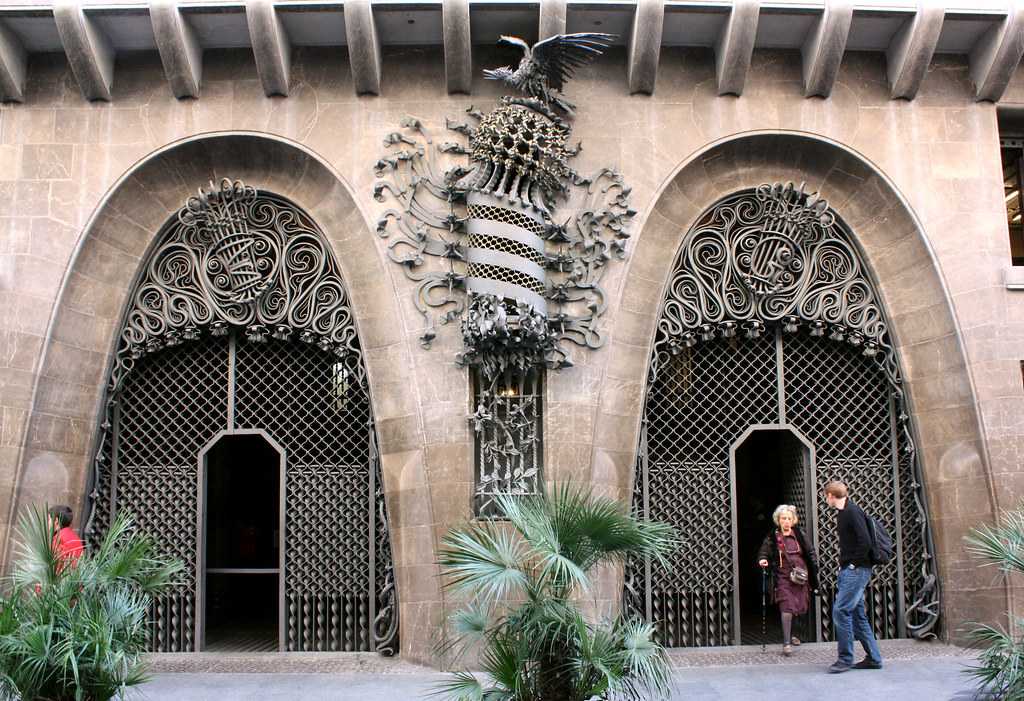Guell Palace
₹ 414 onwards
View Barcelona PackagesWeather :
Tags : Historical Site
Timings : 1 April – 30 September: Tuesday – Sunday: 10:00 AM – 8:00 PM
1 October – 31 March: Tuesday – Sunday: 10:00 AM – 5:30 PM
Time Required : 1-2 hours
Entry Fee : Adults: EUR 12
Students under 25 years old and Seniors over 65 years old: EUR 9
Youth (10-17 years old): EUR 5
First Sunday of every month: free entrance.
Palau Guell
Ways to Experience this attraction
Palau Guell, Barcelona Overview
Nestled in the El Raval neighborhood, the Palau Guell is a UNESCO World Heritage site reminiscent of a Venetian palace. A few metres from Rambla, inside the Raval district, the Palace is designed with impressive-looking glass and woodwork.
Designed in 1886 as a mansion for Eusebi Güell — a business tycoon, the Palau Guell is a Gaudi building considered to be one of Barcelona's architectural marvels. Having been renovated many times, the Palace was re-opened to the public in 2011. This architectural curiosity stays true to Gaudi's style, with 20 chimneys on the roof which serve to ventilate the house. The Guell Palace, as it translates to, has featured in Antonioni’s film – The Passenger.
Situated in the middle of the old city, the Palau Guell has been a part of Barcelona's legacy for a long time. One of the first major buildings by master architect Antonio Gaudi, the Palace served as a place to entertain guests back in the day. You can sign up for guided tours about the history of the place.
Read More on Palau Guell
History of Palau Guell

The Palau Güell was designed as a mansion, centred around the main room meant for entertaining high-profile guests. Guests would enter the premises on horse-drawn carriages through the wrought iron gates. The intricate forged ironwork was designed specially by Gaudi, resembling seaweed. This neo-Gothic wonder is one of the only remaining buildings in the old city which gives a taste of Gaudi’s genius.
Architecture of Palau Guell

The imposing facade of Palau Guell is augmented by the wrought iron gates, crowned by Catalonia’s shield. Built entirely from limestone, the structure is divided into three levels of which the main ballroom is a central attraction. The architecture on the inside is a mix of Renaissance and Oriental styles, designed to incorporate the eccentric Guell’s wishes. One of the first things one notices inside the house is the glasswork atop the grand staircase, painted to resemble the Catalan flag. Up these stairs, one can find the Guell family rooms. While the intermediate level houses the private study of Guell, this part of the house is often closed off to visitors.
How To Reach Palau Guell
Top Hotel Collections
Top Hotels Near Palau Guell
Palau Guell Reviews

Have a Question on Palau Guell?

experience.